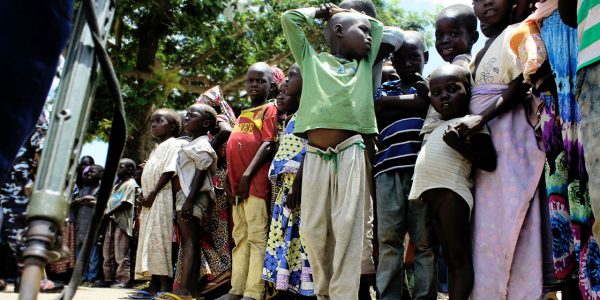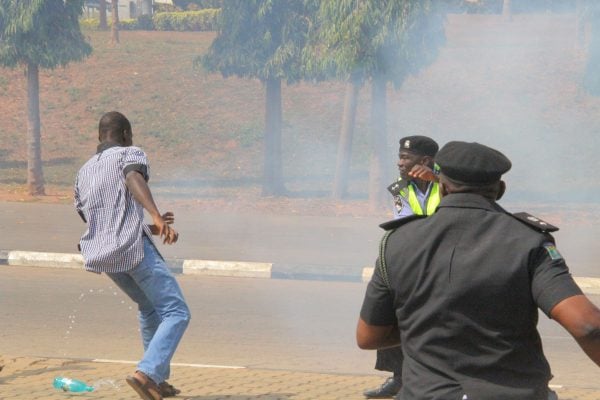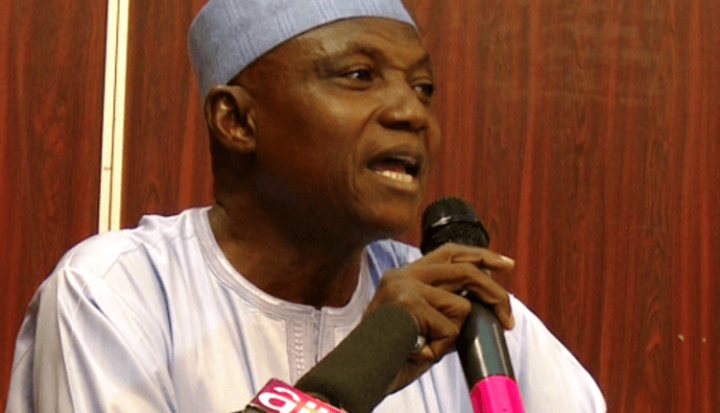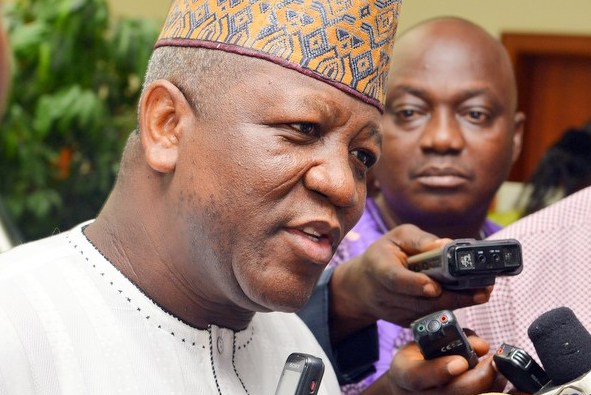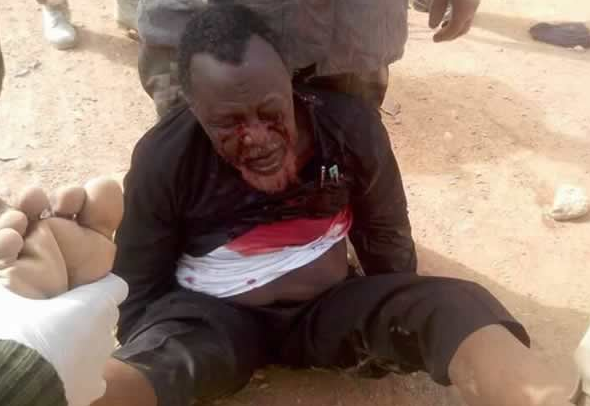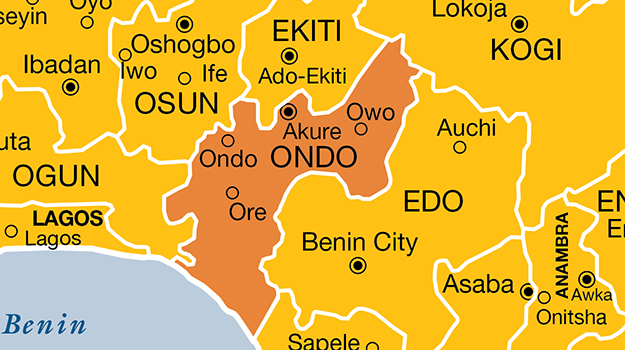File photo of children in an IDP camp in the north
About sixty percent of Internally Displaced Persons (IDPs) in Africa are children, according to a report titled “Muffled Voices.”
The report was launched by the Journalists for Christ (JFC), with support from World Association for Christian Communication (WACC), Bread for the World and Waldensian Church’s Otto Per Mille (OPM), in Lagos, on Monday.
TheCable had previously provided a report on an IDP camp in Abuja, “where 130 children are locked out of classrooms.”
Using Nigeria, Kenya and DR Congo as case studies, the new report based its findings on a two-month survey of media reports in six newspapers and two online platforms, including TheCable.
Advertisement
It revealed that social and health related issues are major concerns in IDP camps due to the availability of few basic amenities for a large number of displaced persons.
“Those displaced, mostly women and children, have resorted to refuge in concentrated camps which are mainly unused/abandoned school facilities or on open grounds with tents as shelter. There are usually few basic amenities in such camps, resulting in severe social and health related issues. Welfare: food, proper shelter and health needs are significant concern. Sanitary conditions are generally poor. Close to 60 per cent of these Internally Displaced Persons (IDPs) are children,” the report read.
It added that the monitoring of the media reports on IDPs is for the purpose of having an “empirical evidence on the trend and pattern of media reportage and coverage of IDPs and refugee situation in Nigeria, so that stakeholders action can be galvanised to bridge the gaps.”
Advertisement
The report also recommended, among others, that media organisations should treat the issue of IDPs with more prominence by putting such matters on the front page of their newspapers.
“More women and children who are the most vulnerable should be given space to air their concerns in media reportage in fulfilment of media obligation as a voice to the voiceless,” it read.
In his remark, Lekan Otunfodunrin, president of JFC, thanked other members of the team which produced the report, as well as other persons who honored the invitation.
Other newspapers and online platform on which the report based its findings include The Punch, The Nation, Daily Sun, Daily Trust, Leadership, Vanguard, and Premium Times.
Advertisement
Add a comment
